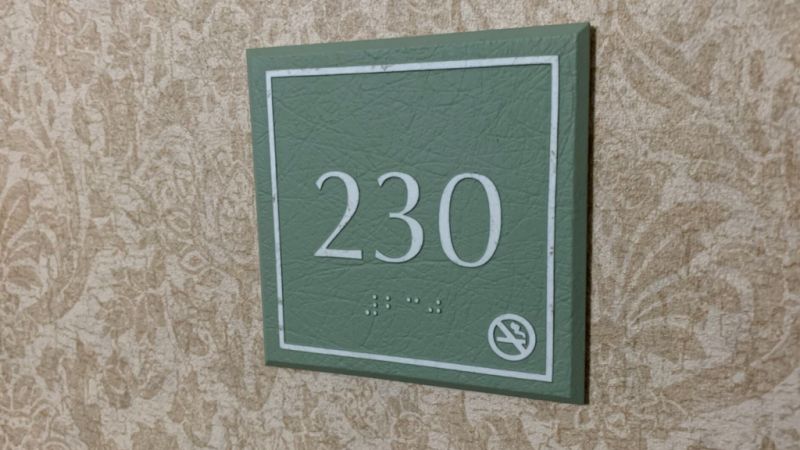
Late yesterday President Trump took steps to make good on his promise to regulate online platforms like Twitter and Facebook. He released a draft executive order to that end. You can read the actual draft executive order. Here is a summary of the key points. The draft order:
- States that it is the policy of the U.S. to foster clear, nondiscriminatory ground rules promoting free and open debate on the Internet. It is the policy of the U.S. that the scope of Section 230 immunity should be clarified.
- Argues that a platform becomes a “publisher or speaker” of content, and therefore not subject to Section 230 immunity, when it does not act in good faith to to restrict access to content (in accordance with Section 230(c)(2) that it considers to be “obscene, lewd, lascivious, filthy, excessively violent, harassing or otherwise objectionable.” The executive order argues that Section 230 “does not extend to deceptive or pretextual actions restricting online content or actions inconsistent with an online platform’s terms of service.”
- Orders the Secretary of Commerce to petition the FCC, requesting that the FCC propose regulations to clarify the conditions around a platform’s “good faith” when restricting access or availability of content. In particuar, the requested rules would examine whether the action was, among other things, deceptive, pretextual, inconsistent with the provider’s terms of service, the product of unreasoned explanation, or without meaningful opportunity to be heard.
- Directs each federal executive department and agency to review its advertising and marketing spending on online platforms. Each is to provide a report in 30 days on: amount spent, which platforms supported, any viewpoint-based restrictions of the platform, assessment whether the platform is appropriate, and statutory authority available to restrict advertising on platforms not deemed appropriate.
- States that it is the policy of the U.S. that “large social media platforms, such as Twitter and Facebook, as the functional equivalent of a traditional public forum, should not infringe on protected speech”.
- Re-establishes the White House “Tech Bias Reporting Tool” that allows Americans to report incidents of online censorship. These complaints are to be forwarded to the DoJ and the FTC.
- Directs the FTC to “consider” taking action against entities covered by Section 230 who restrict speech in ways that do not align with those entities’ public representations about those practices.
- Directs the FTC to develop a publicly-available report describing complaints of activity of Twitter and other “large internet platforms” that may violate the law in ways that implicate the policy that these are public fora and should not infringe on protected speech.
- Establishes a working group with states’ attorneys general regarding enforcement of state statutes prohibiting online platforms from engaging in unfair and deceptive acts and practices.
- This working group is also to collect publicly available information for the creation and monitoring of user watch lists, based on their interactions with content and other users (likes, follows, time spent). This working group is also to monitor users based on their activity “off the platform”. (It is not clear whether that means “off the internet” or “on other online places”.)
